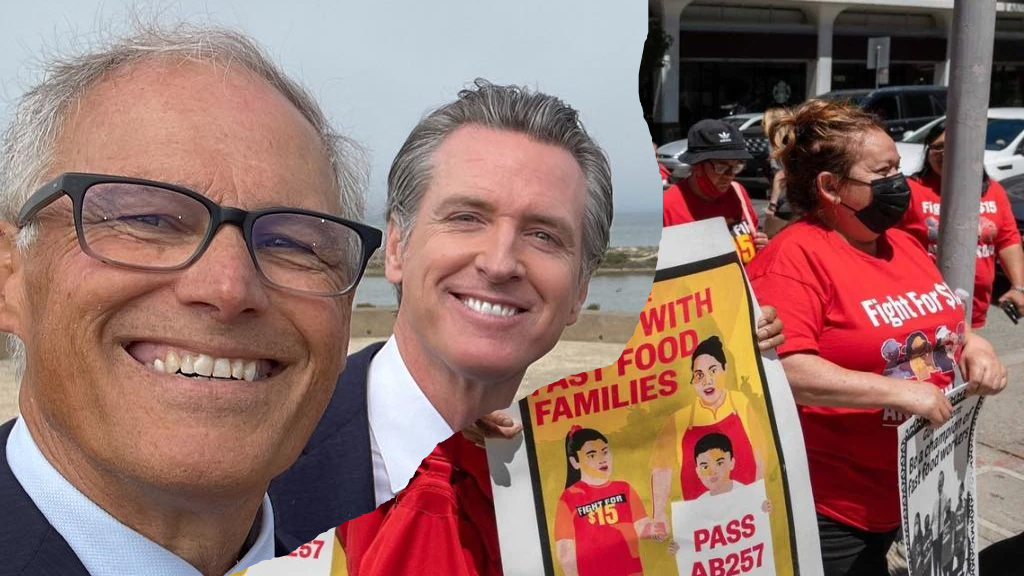In the aftermath of Seattle, Washington’s ambitious $20 minimum wage law for fast food workers, a similar narrative of consumer pushback and market turbulence is emerging. The move, mirroring the city’s past experiences with minimum wage regulations, has sparked concerns over its ramifications for both businesses and consumers.
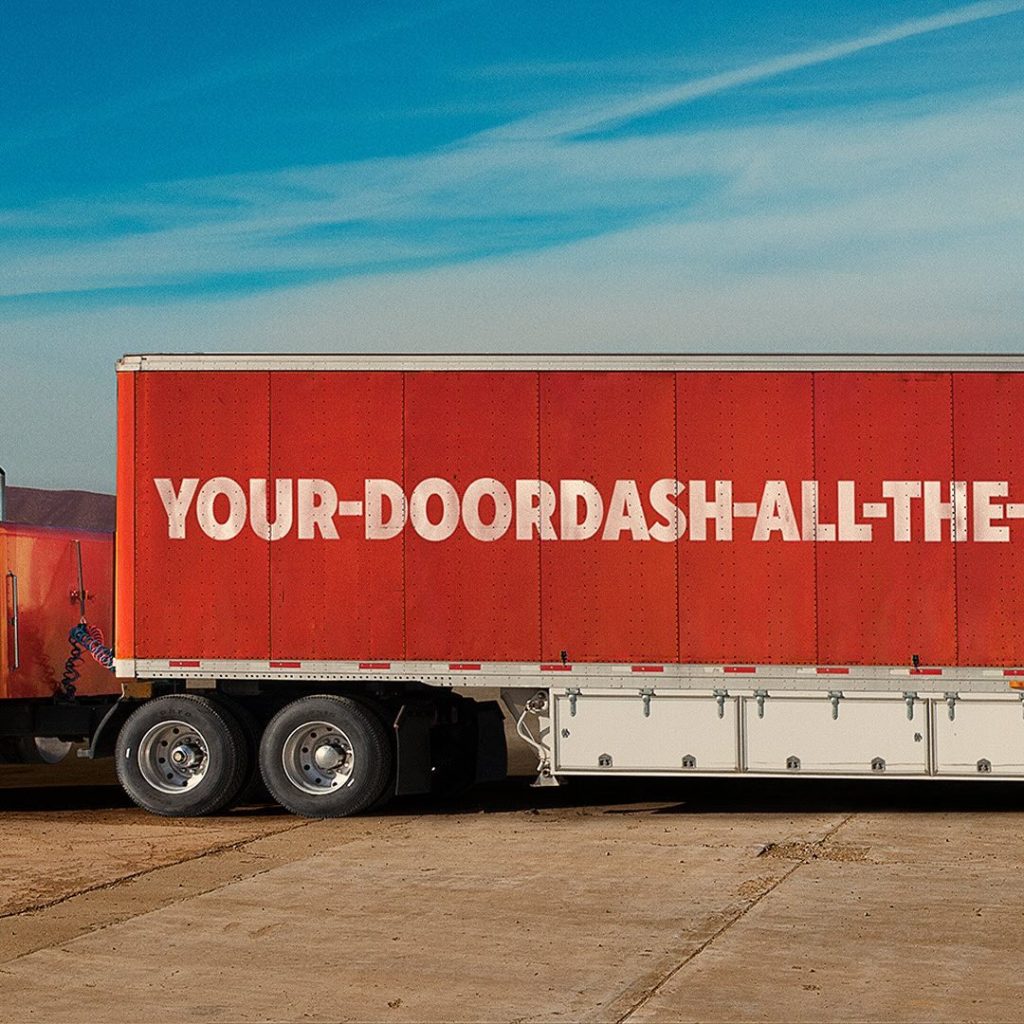
Seattle, known for its progressive stance on labor laws, previously implemented the PayUp bill in 2022, which mandated a minimum wage for gig workers, encompassing delivery drivers for local eateries and platforms like Uber Eats and DoorDash. Initially, the PayUp law set a commendable benchmark, ensuring delivery drivers earned $26 per hour before factoring in mileage and tips.
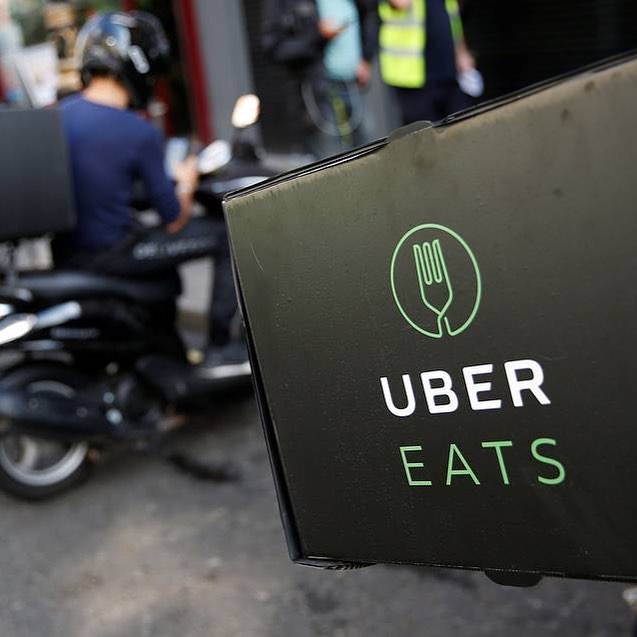
However, the proposed adjustment to this law has stirred controversy. The new proposal offers gig workers a minimum wage of $19.97, aligning with Seattle’s existing minimum wage, supplemented by a per-mile minimum payment of $0.35. Yet, critics fear that this adjustment could deprive gig workers of a viable living wage, exacerbating financial struggles in an already precarious gig economy.

The repercussions of Seattle’s previous PayUp law offer a cautionary tale. The imposition of additional customer fees on app deliveries led to a noticeable decline in consumer demand, highlighting the delicate balance between fair compensation for workers and affordability for consumers. While intended to protect delivery drivers from shouldering burdensome expenses such as gas and vehicle maintenance, the unintended consequence was a significant drop in orders.

DoorDash, a prominent player in the delivery app market, reported a staggering 300,000 fewer orders within Seattle over the three months after the law went into effect, likely attributable to the city’s minimum wage directives and their subsequent impact on consumer pricing. Similarly, Uber noted a 30 percent decline in delivery orders in the weeks following the enactment of the law.
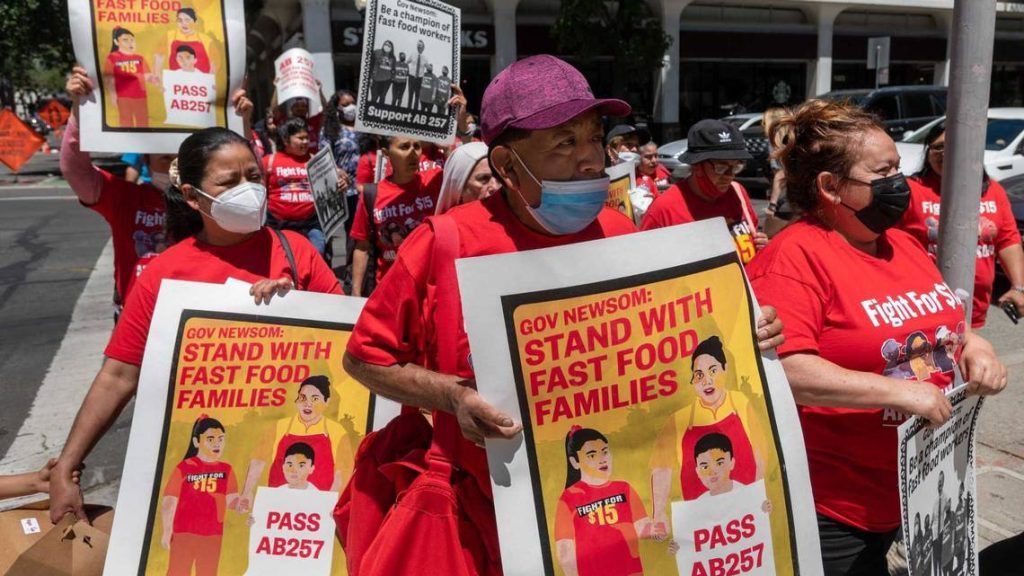
As Seattle grapples with the complexities of wage regulation in the gig economy, the unfolding narrative serves as a stark reminder of the intricate interplay between labor policies, consumer behavior, and market dynamics.
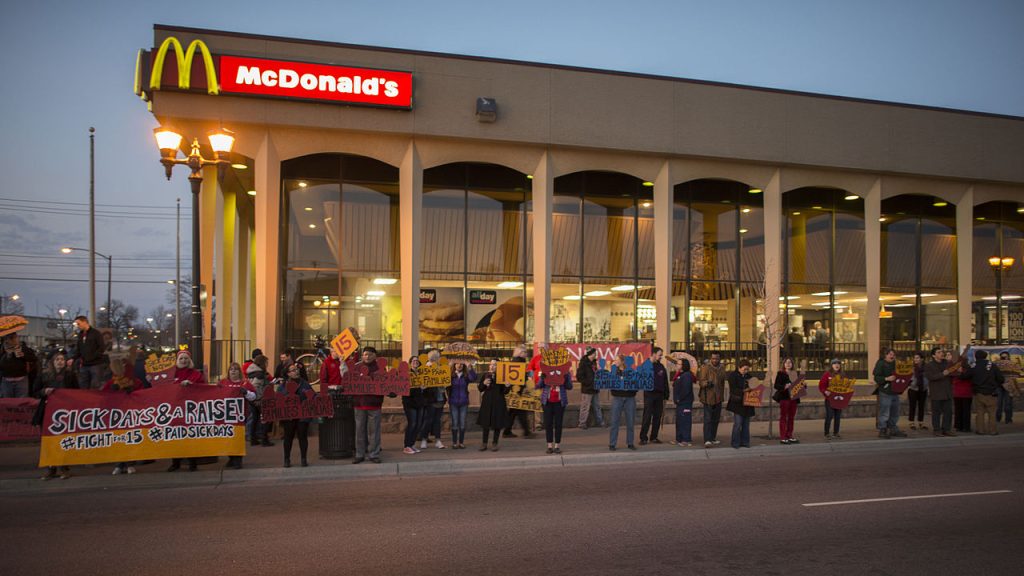
The parallels drawn between Seattle’s experiences and the introduction of California’s $20 minimum wage law for fast food workers underscore the need for nuanced approaches that balance the interests of workers, businesses, and consumers alike.

